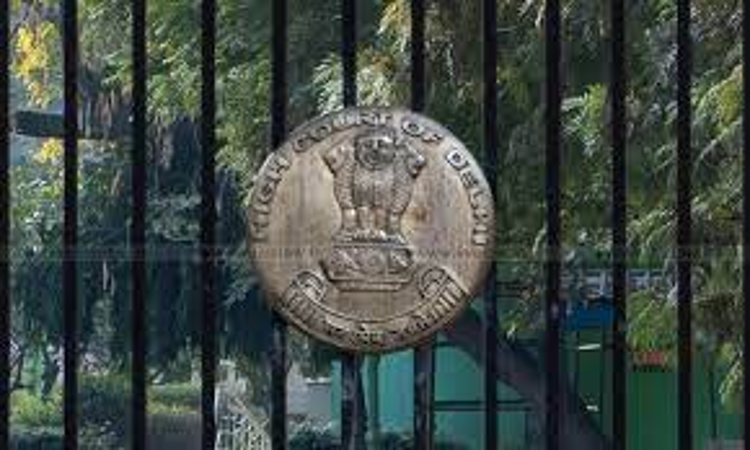Delhi High Court Issues Guidelines For Declaring Persons As Proclaimed Offenders & Their Early Apprehension,
Nupur Thapliyal
1 July 2021 6:14 PM IST

Next Story
1 July 2021 6:14 PM IST
The Delhi High Court has issued detailed guidelines to be followed while declaring a person as a Proclaimed Offender so as to ensure that the process under sec. 82 and 83 of CrPC is not issued in a routine manner and due process of law is followed.The directions also state detailed mechanism for early apprehension of such proclaimed offenders including a direction that a Digital...
